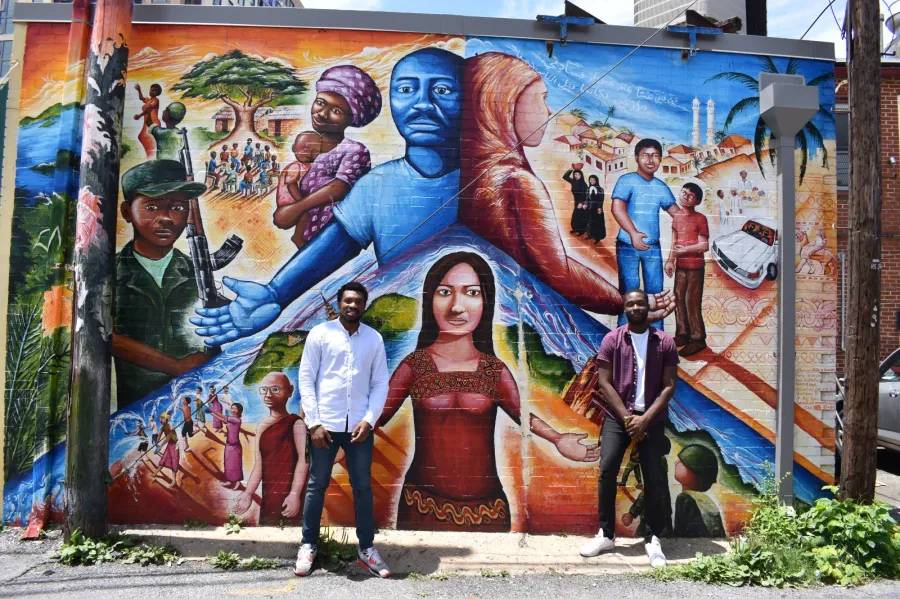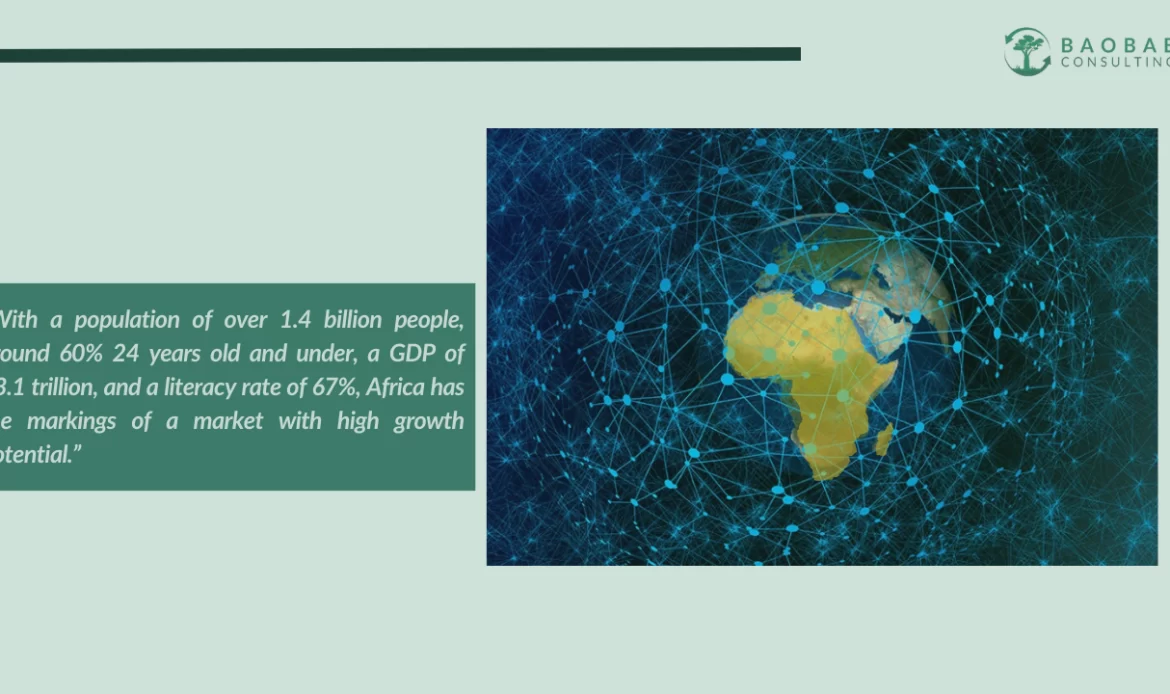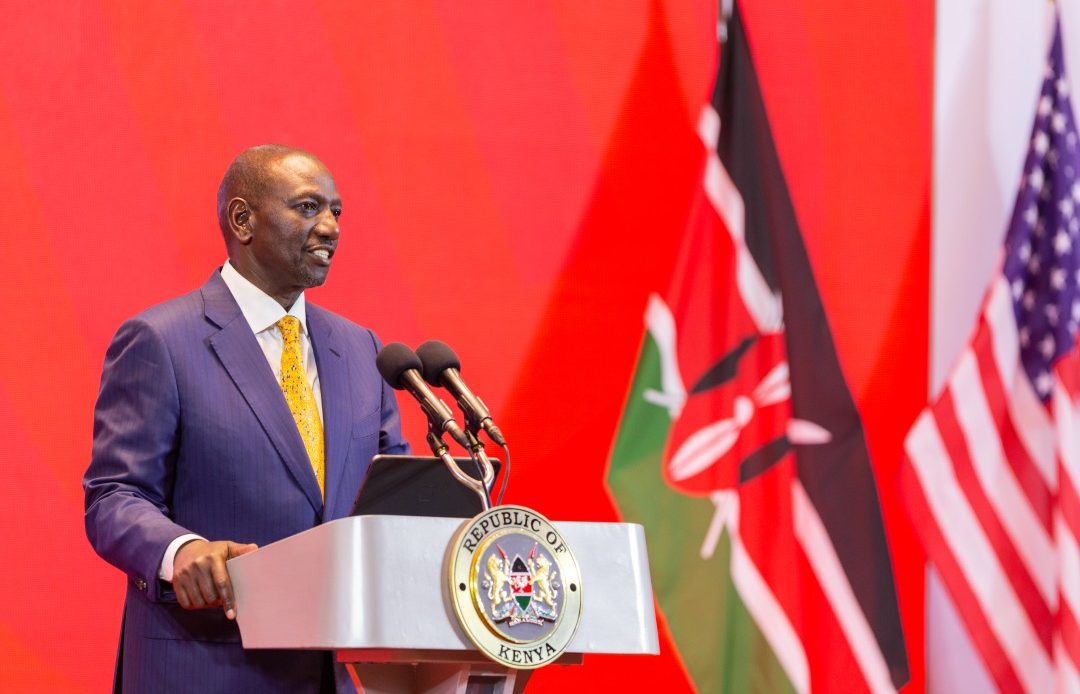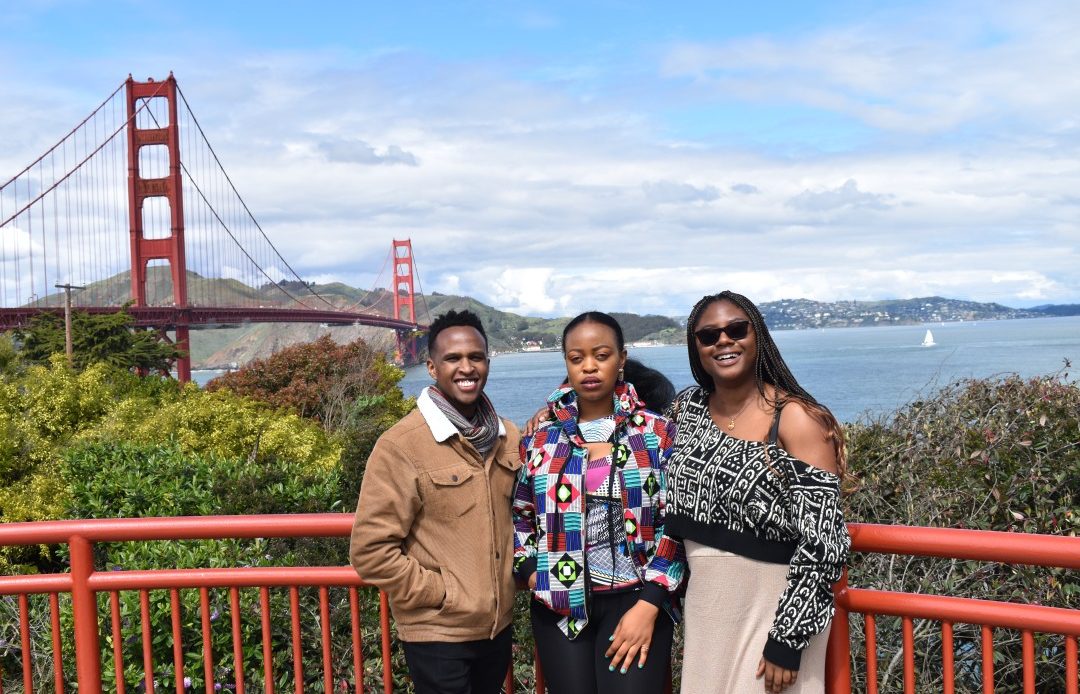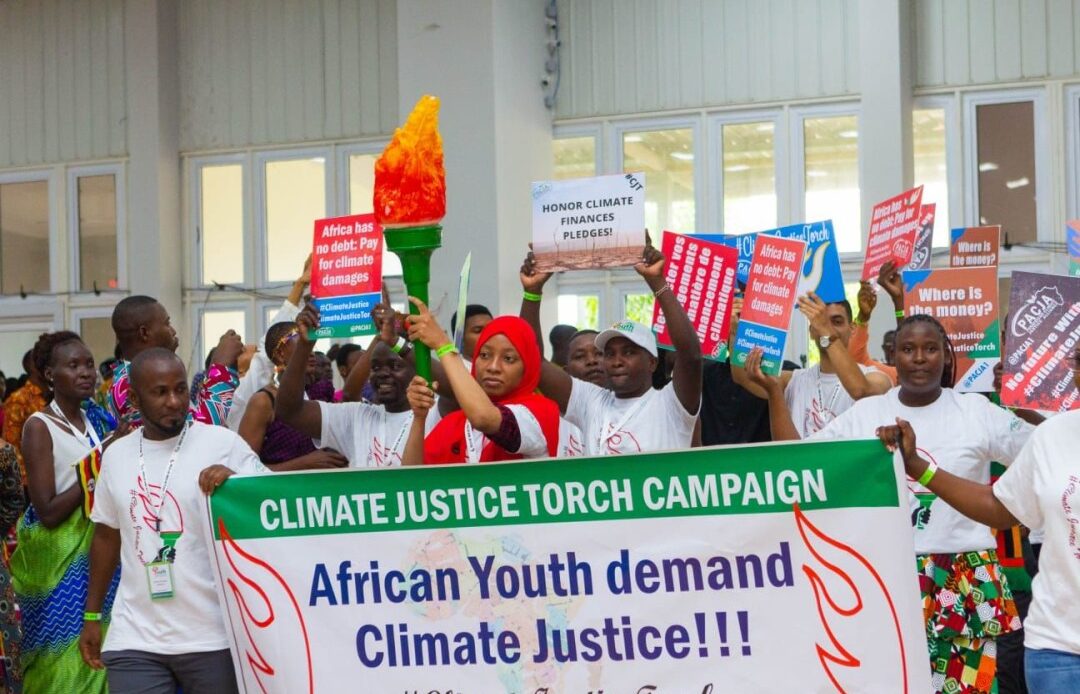When communicating complex ideas, words matter. In international affairs, you have to be as precise as possible and navigate cultural nuances, to ensure that nobody gets the wrong impression. This is particularly true in global discussions about Africa, where a history of exploitation has created a present state of disconnect, continents separated by more than just bodies of water.
On Wednesday June 5, at the
This particular aspect of the diction caught my attention over the course of the day. For example, one of the speakers spoke about how China’s presence in Africa forces the United States to play “catch-up” in terms of investment in the continent. American companies are excited to get into the African economy and participate in this new marketplace, but also want assurance of the region’s stability.
One of the panelists expressed a bit of trepidation in calling Africa an emerging market, contemplating “emerging for who?” This formulated questions in my own head. Does the US see Africa as an opportunity to exploit? Are these markets “rising” for
This panelist’s analysis of “emerging markets” showed me how imprecision creates ambiguity, and that ambiguity can create misinterpretations of our intentions. Specifically within the context of US-Africa relationships, we Americans tend to think about either what we can provide to the continent in terms of service or development, or what the continent can provide for us – new market opportunities or “
In developing these intercontinental relationships, it is necessary to focus on equitability and mutuality. Western entrepreneurs coming to Africa should not focus on creating wealth for themselves at the expense of those on the continent, and on the other end, they should be careful to fall into a savior complex. The current rise of Africa can provide
We in the West need to reconsider the ways in which we discuss and communicate our ideas about Africa. I challenge my fellow Americans to think of Africa as more than a potential crisis area, and engage in meaningful dialogue. I challenge Western entrepreneurs and private equity firms to view Africa as more than a new market to exploit. I challenge young people to explore African cultures and diasporic communities and come to different conclusions than those of their parents or grandparents. I implore those in the West to use respectful language in reference to the African continent and her citizens. Only then will the full fruit of these relationships be borne, and with it prosperity for both the West and Africa.

